COURSE OVERVIEW
PE0458 : Distillation Technology
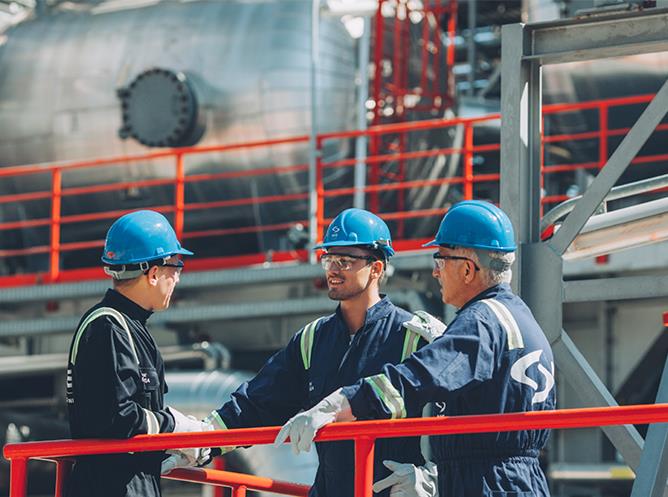
OVERVIEW
| COURSE TITLE | : | PE0458 : Distillation Technology |
| COURSE DATE | : | Oct 20 - Oct 24 2024 |
| DURATION | : | 5 Days |
| INSTRUCTOR | : | Mr. Henry Beer |
| VENUE | : | Dubai, UAE |
| COURSE FEE | : | $ 7500 |
| Request For Course | ||
Course Description
This practical and highly-interactive course includes various practical sessions and exercises. Theory learnt will be applied using our state-of-the-art simulators.
This course is designed to provide participants with a detailed and up-to-date overview of Distillation Technology. It covers the basic principles of distillation technology and its importance in refining process; the Raoul’s law and partial pressure concepts; the modelling techniques for vapour-liquid equilibria; the principles of column modelling, tray efficiency and rate-based models; setting operating conditions covering pressure, temperature limits and operating window; the types, features and limitations of distillation equipment, distillation trays, valves and downcomers; the types and functions of inlet and outlet devices; and the distributors and draw-off trays and design considerations for optimal performance.
Further, the course will also discuss the miscellaneous equipment including liquid ring pumps, drums and accumulators; the types and line-ups of vacuum distillation units including maxwell-Bonnell temperature and its significance; analyzing Conradson carbon residue and the specification requirements for vacuum distillation products; identifying and diagnosing operational problems; the tools and techniques for effective troubleshooting; the stabilizers, LPG splitters and stripper-dryer columns; and the principles of process control in distillation.
During this interactive course, participants will learn the key considerations in the design of distillation units; the principles of heat integration in distillation processes; the maintenance and reliability and optimization techniques; the evaluation of economic impact of operational decisions; the emerging technologies in distillation; and the advanced troubleshooting techniques and process safety considerations in distillation operations.
This course is designed to provide participants with a detailed and up-to-date overview of Distillation Technology. It covers the basic principles of distillation technology and its importance in refining process; the Raoul’s law and partial pressure concepts; the modelling techniques for vapour-liquid equilibria; the principles of column modelling, tray efficiency and rate-based models; setting operating conditions covering pressure, temperature limits and operating window; the types, features and limitations of distillation equipment, distillation trays, valves and downcomers; the types and functions of inlet and outlet devices; and the distributors and draw-off trays and design considerations for optimal performance.
Further, the course will also discuss the miscellaneous equipment including liquid ring pumps, drums and accumulators; the types and line-ups of vacuum distillation units including maxwell-Bonnell temperature and its significance; analyzing Conradson carbon residue and the specification requirements for vacuum distillation products; identifying and diagnosing operational problems; the tools and techniques for effective troubleshooting; the stabilizers, LPG splitters and stripper-dryer columns; and the principles of process control in distillation.
During this interactive course, participants will learn the key considerations in the design of distillation units; the principles of heat integration in distillation processes; the maintenance and reliability and optimization techniques; the evaluation of economic impact of operational decisions; the emerging technologies in distillation; and the advanced troubleshooting techniques and process safety considerations in distillation operations.
TRAINING METHODOLOGY
This interactive training course includes the following training methodologies:
LecturesWorkshops & Work Presentations
Case Studies & Practical Exercises
Videos, Software & Simulators
In an unlikely event, the course instructor may modify the above training methodology for technical reasons.
VIRTUAL TRAINING (IF APPLICABLE)
If this course is delivered online as a Virtual Training, the following limitations will be applicable:
| Certificates | : | Only soft copy certificates will be issued |
| Training Materials | : | Only soft copy materials will be issued |
| Training Methodology | : | 80% theory, 20% practical |
| Training Program | : | 4 hours per day, from 09:30 to 13:30 |
RELATED COURSES
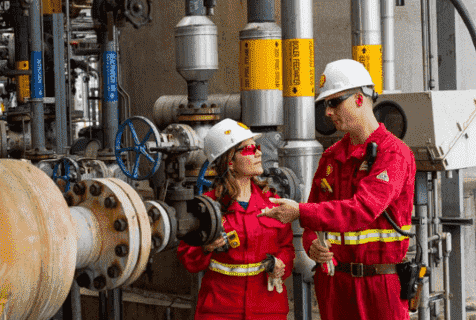
PE0640 : Troubleshooting Process Operations
- Date: Jan 26 - Jan 30 / 3 Days
- Location: Doha, Qatar
- Course Details Register
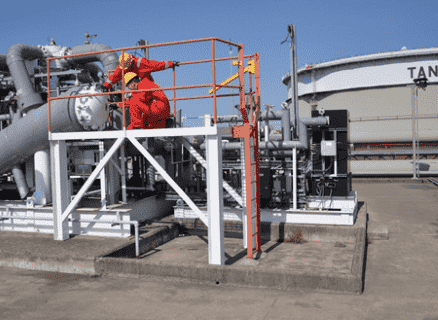
PE0010 : Oil Movement, Storage & Troubleshooting
- Date: Jan 25 - Jan 29 / 3 Days
- Location: Kuwait City, Kuwait
- Course Details Register
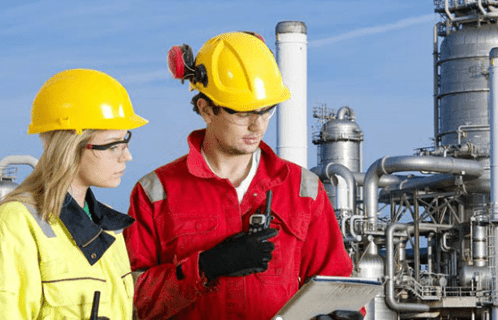
PE0050 : Elements of Applied Process Engineering
- Date: Jan 26 - Jan 30 / 3 Days
- Location: Cairo, Egypt
- Course Details Register
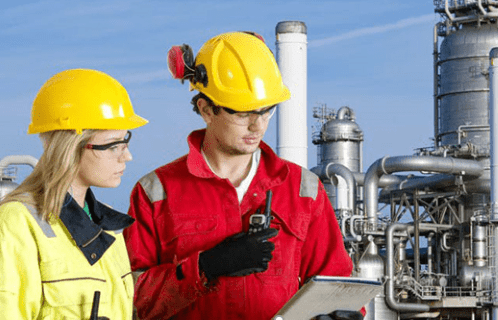
PE0785 : Refinery Operational Economics, Planning & Profitability
- Date: Jan 26 - Jan 30 / 3 Days
- Location: Doha, Qatar
- Course Details Register
